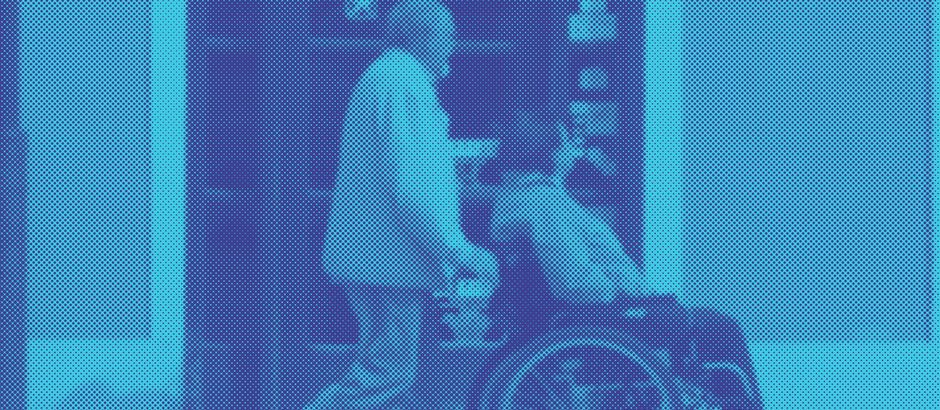By Ivett Körösi, NÉPSZAVA, HUNGARY
The answer of those who provide home care for a family member 24/7 is a resounding “yes”. The Hungarian government, however, is reluctant to recognize it as a job and provide much-needed funds.
Why this story matters:
In Hungary, having a severely disabled family member who needs full-time care is not only a personal tragedy but also a significant financial burden.
Family members have repeatedly asked the government to recognize caring for a sick relative as a job that warrants the minimum salary. In the past weeks there have been several demonstrations during which many shared their personal experiences.
“I have been looking after my severely disabled daughter for 28 years. I have not taken a day off during this time…There are no holidays and no sick pay…we can’t even afford the treatments that would improve the quality of her life” — one mother confessed.
According to the testimonies of those affected, if a tragedy happens, one member of the family has to quit his or her job. State benefits are minimal and the process of claiming them is often humiliating.
This results in a sad paradox: the families that face increased costs due to their particular health situation live off less money than average households. In this regard Hungary is among the worst in the region: the Romanian, the Czech, the Slovak and the Croatian governments all offer comparatively better care.
Details from the story:
There are 45,000 people in Hungary who provide intensive care for family members. Of these 45,000 approximately 12,000 provide 24/7 care to the disabled loved one.
The maximum amount of nursing benefit one can get is 50,800 HUF (appr. 158 EUR). There are hundreds of households — with a disabled person — where families live on less than 100,000 HUF (311 EUR).
According to experts, in order to guarantee the minimum salary to these families the government should set aside 6 billion HUF per year from the budget.
According to the NGO “Lépjünk, hogy léphessenek” that supports the family members of children who have central nervous system disorders, in the Czech Republic the benefit for nursing is approximately 560 EUR. In Croatia it is 445 EUR, in Slovakia 435 EUR and in Romania 404 EUR, approximately.
SOURCE: News Mavens via Népszava








